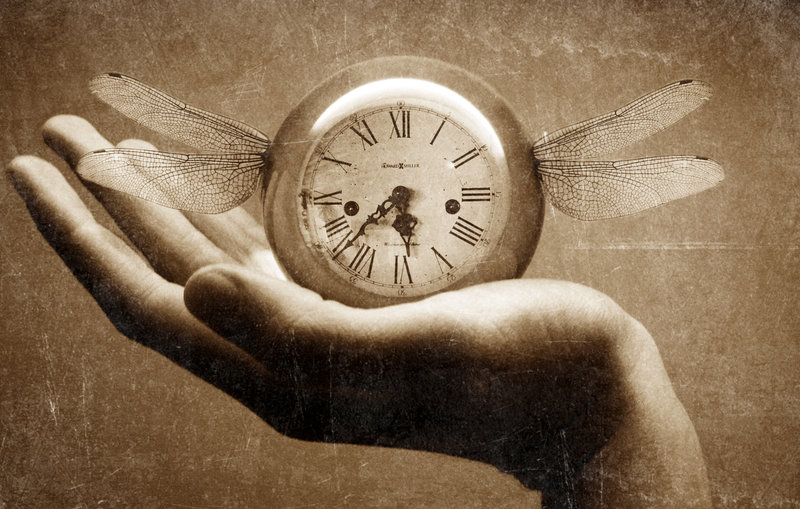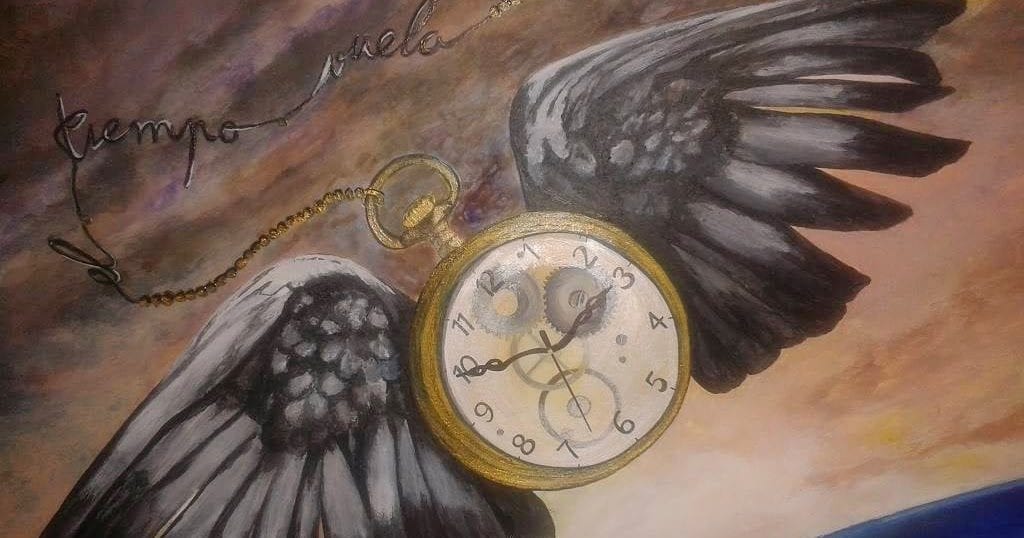Tempus Fugit

Nowadays, there’s a common misconception about this phrase as it appears on clock and watch dials. It can appear to be a brand name to many—due to the prominence it has on many horological façades. However, Tempus Fugit (temp-us few-git) is a simple Latin phrase meaning “Time Flies”. This idiomatic bit of language has made its way through centuries of use—perhaps even abuse—and is (often) contemporarily followed by, “when you’re having fun”, likely to the groaning of many native English speakers. Having some philosophical underpinnings, it predates Einstein’s theory of relativity, but suggests that time passes relative to experience—which has a few merits in terms of physics. As it were, humanity’s fascination with time has lead to countless discoveries and measurements that have become indispensable to scientific study and modern industry. Surely, the proverbial sentiment that “time’s a-wastin’” or that time “flies like the wind” is indicative of a collective experience that craves making the best of a finite amount of time. At worst, though, it is a cry to the futility of mortality against the forward motion of linear time—if one’s feeling particularly melodramatic. No matter the sentimentality, there’s a constant nature to time that applies to the engineering achievements of history’s clockmakers and watchmakers alike. It is thus no surprise that the phrase is so commonly printed and etched into timepieces.
Some Quick History
Modern usage of Tempus Fugit was coined by Virgil—famed ancient Roman poet and author of the Aeneid—and the spiritual successor to Homer in ancient Roman literature. Without doing a full-blown lecture on Old World poetry, Virgil’s original phrasing went like this: fugit inreparabile tempus. Translating to “it escapes, irretrievably time”, this haunting snippet from Virgil’s Georgics made a bold public statement involving the fleeting nature of time. Though it’s difficult to pin down the exact date when this phrasing came to be used on clocks, it did become progressively more prominent after the invention of Gutenberg’s printing press (circa the 15th century). With timekeeping being tied to religious practice—which often required latin study—as well as literature (generally), having printed phrases in Latin on various public utilities became increasingly popularized in the West. These public displays of Latin solidified Old World philosophies as cultural iconography—popularizing the subject of Virgil’s old words, to this day

Time Continues to Fly With history showing that we’ve compressed timekeeping from tracking astronomical cycles down to measuring the oscillations of atoms, Tempus Fugit takes on a certain potency in horology. The prominence of this phrase in both English and adapted Latin is a testament to the power of Virgil’s ancient musings, as well as the human desire to track information through time. Akin to the idiom Carpe Diem (seize the day), the subtext of “time flies” is a denial of sloth and a push to pay closer attention to the passage of time—in terms of our relatively short lifespans. In other contexts, it may be mocked to spite this subtext. After all, every individual has a unique relationship with the concept of time—one man’s sloth is another man’s serenity, so to speak. Without much further digression, humanity’s early time-minded engineers strove to measure the cycles of planetary bodies, and map time relative to Earth’s revolutions. The results have been truly astronomical—even if this means being late to work from time to time. So, the next time the dial reads Tempus Fugit, consider the innovations that proceeded from this maxim. Though it may be a pithy or all-too-terse abbreviation of human progress—the message of ”time flies” will undoubtedly continue to motivate our brightest minds for years to come.
Times Ticking has been in operation for more than 30 years, since 1982. We have performed watch repairfor customers both locally and internationally. If it Ticks! We KNOW it! Our team of watch repair technicians have a combined experience in watchmaking of over 120 years.

